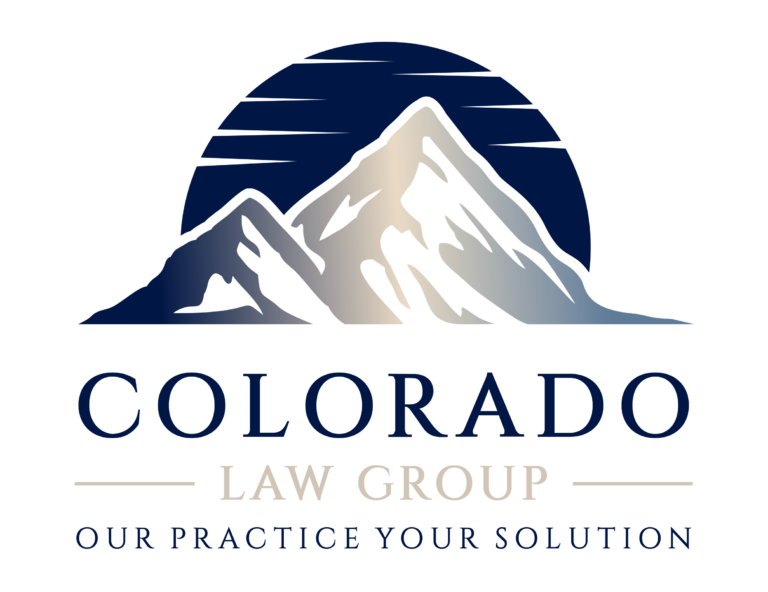
Navigating the Colorado Probate Process
Navigating the legal intricacies of probate can be a daunting task, especially during a time of grieving. In Colorado, the probate process follows specific procedures to ensure the smooth distribution of assets and resolution of estate matters. Understanding these steps can alleviate stress and uncertainty for those involved. Let’s delve into the Colorado probate process and shed light on its key aspects.
Understanding Probate in Colorado:
Probate is the legal process by which a deceased person’s assets are distributed, debts are paid, and estate matters are resolved. In Colorado, probate can be necessary whether the deceased died with a Last Will and Testament (testate) or did not have a Last Will and Testament at the time of their death (intestate). The probate process is to ensure that the deceased’s wishes are respected and that their assets are distributed appropriately and in compliance with Colorado Law.
Key Steps in the Colorado Probate Process
Filing an Application or Petition
The probate process begins with filing either an application or petition in the county where the deceased resided. This application/petition typically requests the appointment of a personal representative to manage and administer the estate.
Appointment of Personal Representative
Once the petition is filed, the court will appoint a personal representative. The personal representative is responsible for administering the estate, including gathering assets, paying debts, and distributing property according to the will or state law. This individual is more commonly known as an “executor,” but the legal term for this individual in Colorado is personal representative.
Inventory and Appraisal
The personal representative must prepare an inventory of the deceased’s assets and obtain appraisals or other comparable valuations, if necessary. This step ensures that all assets are accounted for and properly valued.
Notice to Creditors
In Colorado, the personal representative must provide notice to creditors of the estate. This is done through a combination of publishing a notice to creditors in a local newspaper and notifying known creditors of the estate directly. Creditors have a specified period to file claims against the estate for any outstanding debts.
Payment of Debts and Taxes
Before distributing assets to beneficiaries, the personal representative must pay any outstanding debts and taxes owed by the estate. This may include funeral expenses, medical bills, and income or estate taxes.
Distribution of Assets
Once debts and taxes are settled, the remaining assets can be distributed to beneficiaries according to the terms of the will or state law if there is no will.
Final Accounting and Closing the Estate
The personal representative is required to prepare a final accounting of the estate’s financial transactions and distribution of assets. Once a final accounting has been prepared and provided to the beneficiaries, the estate can be closed, and the personal representative is relieved of their duties.
Challenges and Considerations
While the probate process in Colorado aims to streamline the distribution of assets, it can still present challenges and complexities. Disputes among beneficiaries, contested wills, and tax implications are common issues that may arise during probate.
Seeking Legal Assistance
Given the legal complexities involved, seeking guidance from an experienced probate attorney is advisable. An attorney can provide invaluable assistance in navigating the probate process, ensuring compliance with state laws, and resolving any disputes that may arise.
Contact Colorado Law Group for questions or representation
The Colorado probate process is designed to facilitate the orderly distribution of a deceased person’s assets while protecting the interests of creditors and beneficiaries. By understanding the key steps involved and seeking appropriate legal guidance, individuals can navigate probate with greater confidence and peace of mind.
Should you have any questions about the probate process or have a need for representation, please contact our office. We have attorneys that specialize in probate matters and can provide the necessary expertise and guidance as you navigate this complex process.



